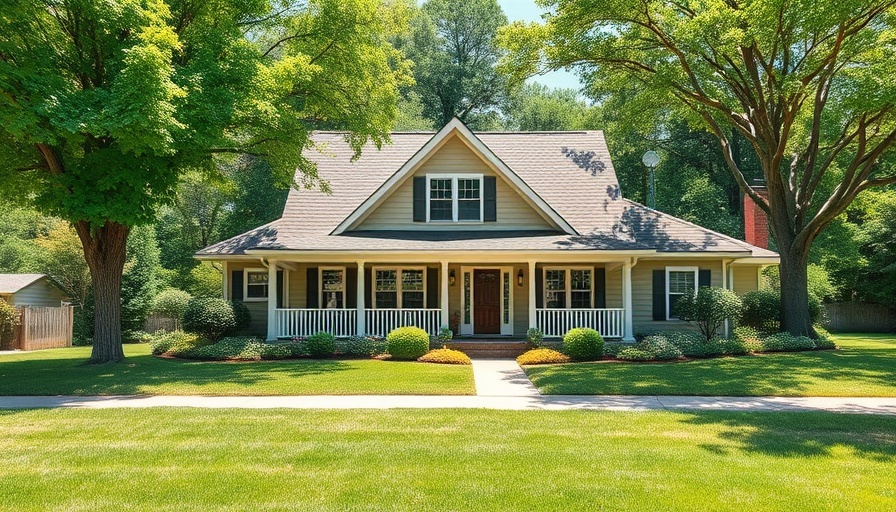
Understanding Home Affordability on a $90,000 Salary
As you embark on the exciting journey of home ownership, you might wonder, "What can I realistically afford?" If you're earning $90,000 annually, Redfin's mortgage calculator provides a quick estimate, placing you in the market for homes priced around $370,000 with favorable conditions. However, the realm of home affordability is layered with various factors that can impact this figure significantly.
What Drives Home Affordability?
Evaluating how much house you can afford transcends just looking at your salary. Multiple variables play a role, including:
- Credit Score: Your credit score is pivotal. For those requiring a mortgage, a higher score opens doors to better interest rates and more favorable loans. Excellent scores (800+) can mean top-tier rates, while scores below 579 may lead to stringent lending terms.
- Down Payment Size: Typically ranging from 3% to 20%, the initial down payment directly influences your monthly mortgage payments and the loan amount. A larger down payment reduces the overall mortgage, making the monthly costs more manageable.
- Debt-to-Income Ratio: Generally, lenders prefer a ratio below 36%. This measure compares your monthly debts to your income, helping lenders assess your financial stability.
- Interest Rates: Current market rates fluctuate and can significantly impact your monthly payments. Timing your purchase can lead to substantial savings.
- Location and Property Condition: Geography matters; markets vary across the country. Additionally, the state of the house—whether it requires renovations—also should factor into your calculations.
Taking Control Through Awareness
Understanding these factors equips you to make informed decisions that align with your financial goals. Tracking your credit, managing debts, and saving for a larger down payment can put you in a better position to negotiate when the time comes.
Real-Life Implications
Imagine stepping into your dream home without the burden of excessive monthly payments hanging over you. When you know what you can afford based on solid calculations rather than mere speculation, you approach the home buying journey with confidence. By grasping the complexities of financing, you empower yourself to take decisive steps rather than getting lost in the details.
Future Trends in Home Buying
As the real estate market evolves, savvy buyers should remain vigilant. Growth in remote work has changed residential preferences, driving up demand in suburban areas. This market evolution can shift what an average salary can afford, changing the financial landscape for prospective homeowners.
Conclusion
Ready to step into homeownership? As emphasized by Redfin's insights, clarity on your financial parameters will not only ensure your readiness but also equip you for sustainable investment. Preparedness is key to thriving in today’s competitive housing market. Inform yourself and embrace the journey to finding your new abode!
 Add Row
Add Row  Add
Add 




Write A Comment